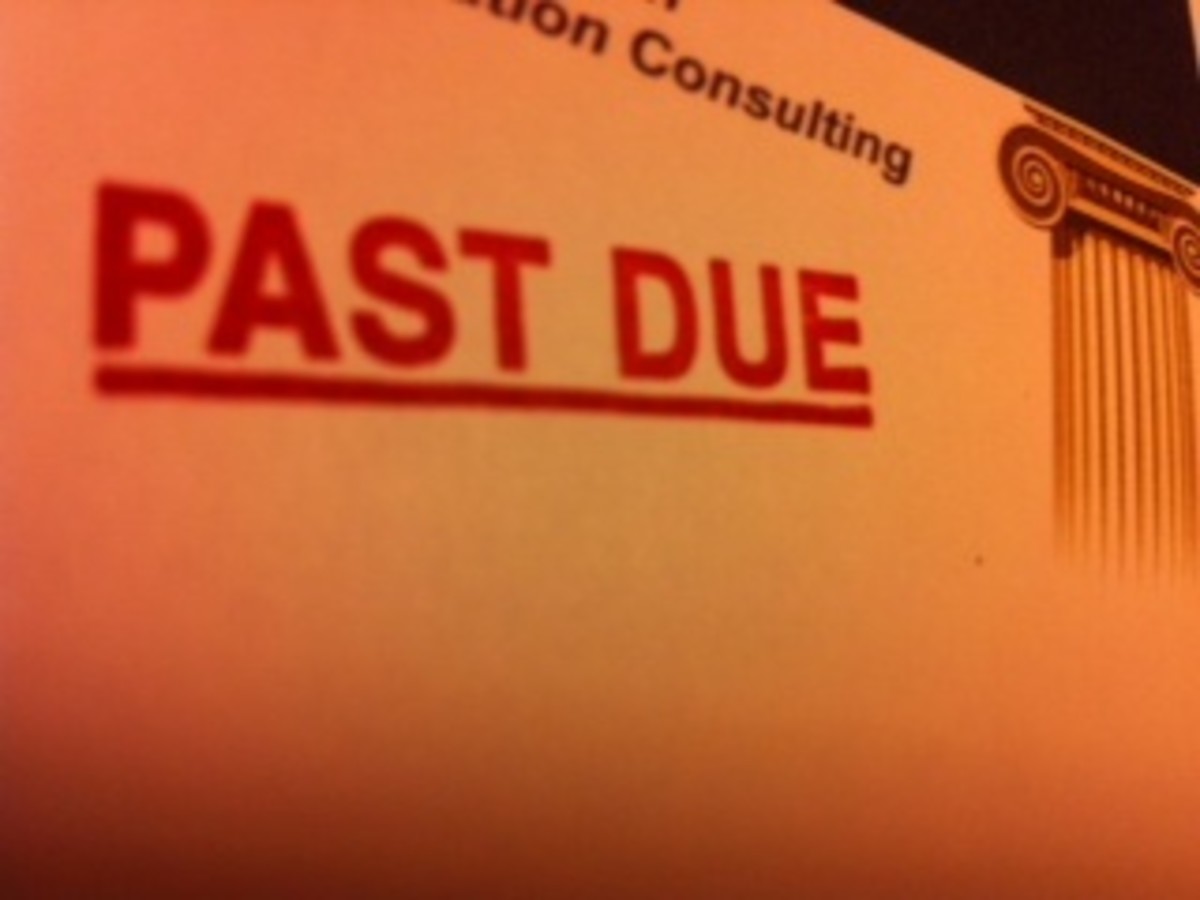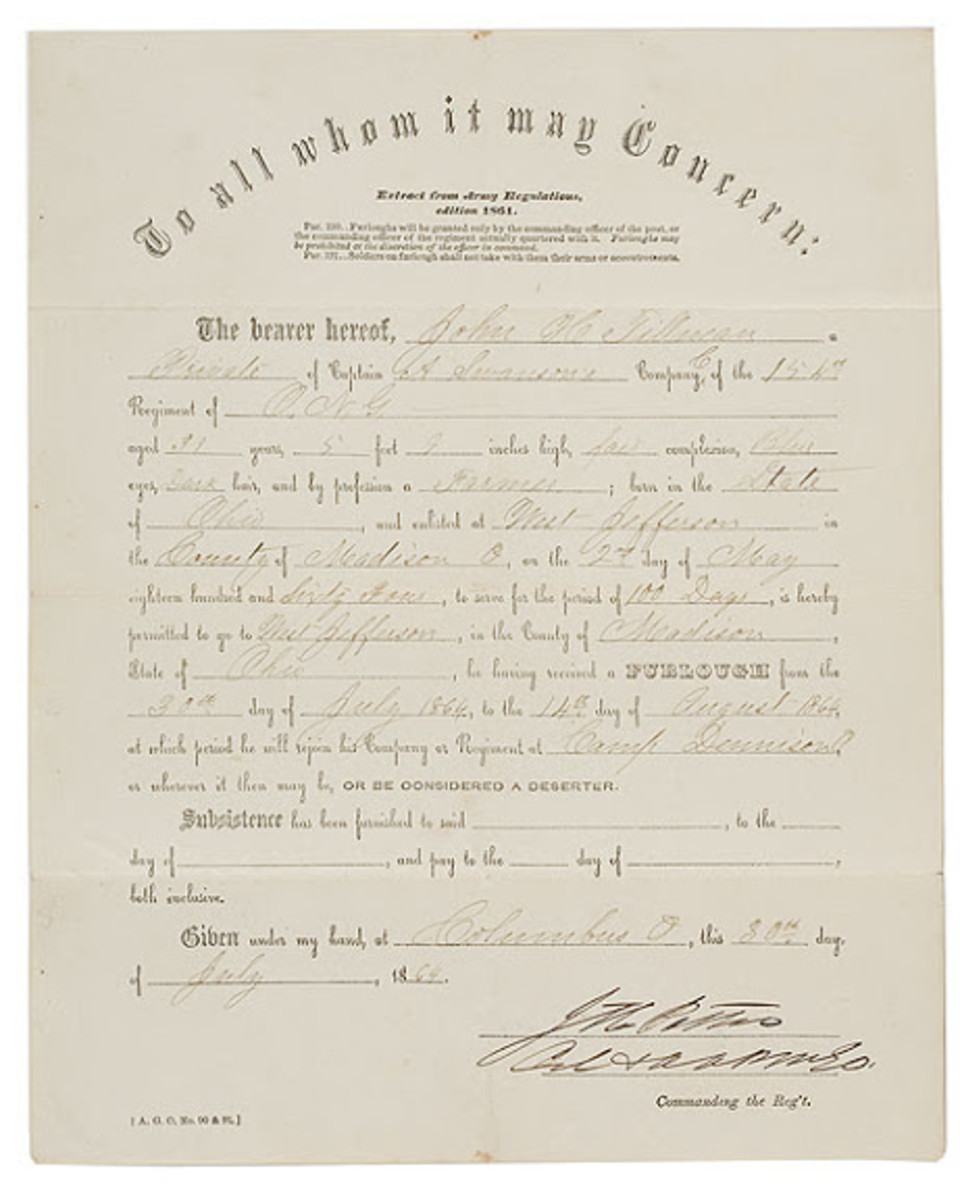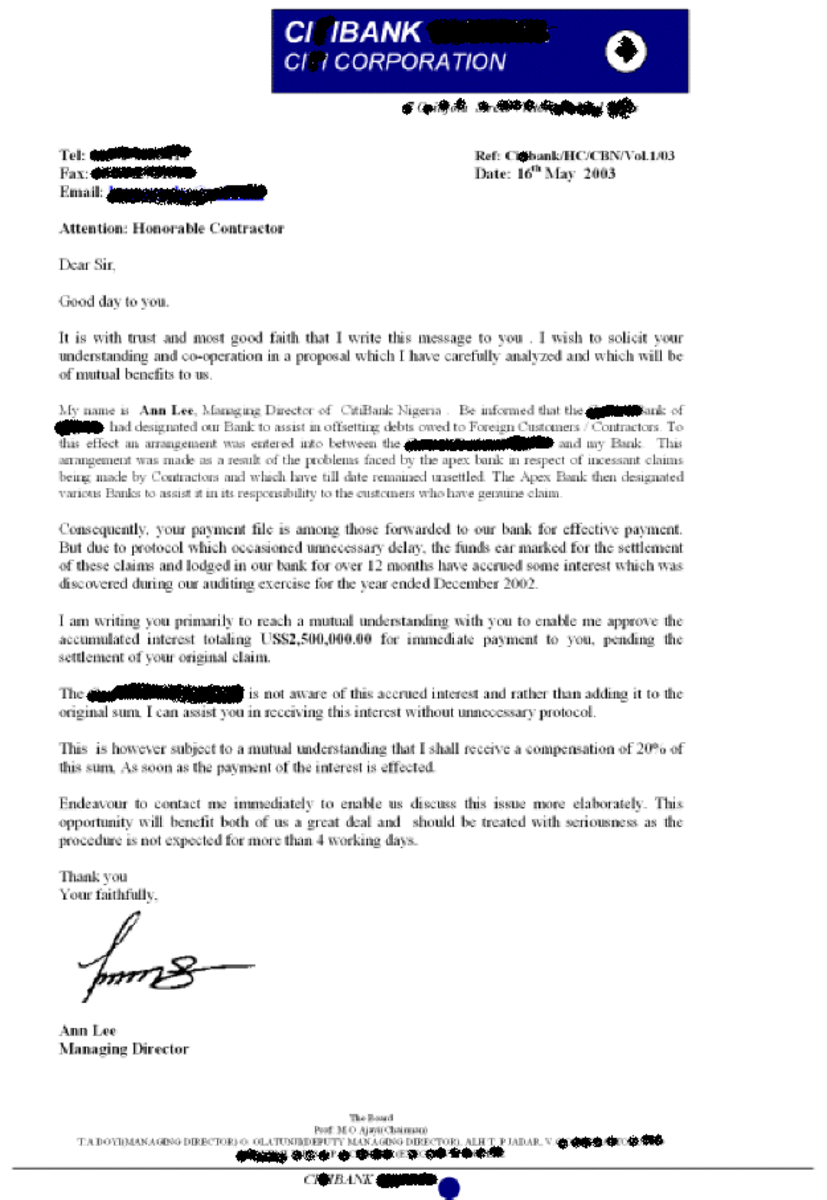Where to Send Valid Collection Complaints

If you have ever had the displeasure of dealing with a collection agency, you likely ended up with some serious consumer complaints about the practices employed by debt collectors. If the collection agency holding your account, however, is participating in illegal collection activity, it is important that you report these practices immediately. If enough consumer collection complaints are levied against a collection agency, they may face a hefty fine or even lose their business license.
Ensure That Your Collection Complaints are Valid
Unfortunately, “the debt collector was rude” isn’t a valid collection complaint. A collection complaint can only be valid if the individual making the allegation has been a victim of illegal debt collection practices. If you’re curious about what is and is not legal behavior for a debt collector, head over to the Federal Trade Commission’s website and read The Fair Debt Collection Practices Act (FDCPA). This document is fairly easy to read and not packed with all the convoluted legal jargon that peppers most legal documents. The FDCPA outlines exactly what constitutes illegal behavior for a debt collector. Here are some examples of valid collection complaints due to illegal activity:
- The debt collector cursed at you on the phone.
- Debt collectors are calling your family or work repeatedly and telling others about your debt.
- A collection agency sent a collection letter to your house and the return address in the top left-hand corner of the envelope made it clear to anyone who may have seen the letter that it was from a debt collector.
- A debt collector threatened to sue you and take your home away, when your state does not permit private creditors to legally enforce judgments or the debt is outside of your state’s statute of limitations.
- You have sent a cease and desist letter to the collection agency demanding that it stop contacting you and your letter has been ignored.
- You requested a debt validation. The debt validation request has been ignored and the collection agency continues to contact you (collection activity must cease until a debt is properly validated).
- The date has been changed on the collection account that appears on your credit report in order to ensure that it remains on the report for longer than is legal.
Send Collection Complaints to the Federal Trade Commission
The Federal Trade Commission (FTC) is responsible for regulating business activity in the U.S. - including the business activity of collection agencies. If you know that you have been the victim of illegal debt collection practices and believe that you have a valid collection complaint regarding those practices, you may report the collection agency that violated the FDCPA to the FTC.
Unfortunately, the FTC will not work to resolve your particular collection complaint. Rather, the FTC keeps a log of all of the complaints it receives on a company. If the collection complaints for one particular collection agency regarding a certain type of illegal debt collection method pile up, the FTC will investigate.
Don’t let this lead you to believe that complaining to the FTC is a lost cause. It isn’t. In 2004, NCO Group, the nation’s largest collection corporation, was forced to pay a fine of $1.5 million dollars due to the results of an FTC investigation that revealed that NCO group was re-aging consumer accounts. The goal, of course, was to cause the derogatory accounts to linger on consumer credit reports for much longer than is legal. The FTC, however, would have had no way of knowing this type of behavior was going on without valid collection complaints about the practice from consumers.
Other Options for Complaining About Debt Collectors
In most cases, the threat of reporting a business to the Better Business Bureau (BBB) is enough to straighten the company out and reach an amicable solution to whatever problem you are having. Most collection agencies, however, are not BBB members. Membership in the BBB serves no purpose for a collection agency, since it is guaranteed a low score from the very beginning just by the nature of the work that it does. In addition, membership in the BBB would force a collection agency to submit to BBB arbitration with collection complaints were made - something that no collection agency would be willing to do.
You do, however, have the option to sue the collection agency for any FDCPA violations it committed as long as the lawsuit is filed within one year of the occurrence. In many cases, simply threatening to file a lawsuit is enough to make debt collectors quietly disappear, since they often know when their behavior puts their employer in jeopardy. If you intend to sue, you don’t need an attorney, but you do need solid documentation of any FDCPA violations that occurred. Lawsuits, after all, are the ultimate valid collection complaint.
Disclaimer: I am not an attorney and this is not to be taken as legal advice. See a licensed attorney in your state for guidance specific to your situation.









